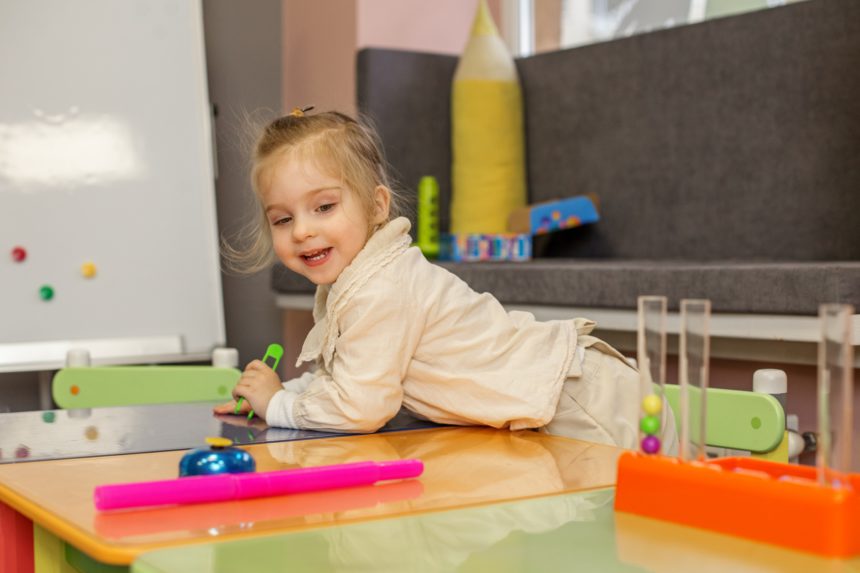Introduction
Fine motor skills are essential for preschool children as they lay the foundation for various everyday tasks, from writing to self-feeding. These skills involve the coordination of small muscles in the hands and fingers, which are crucial for tasks requiring precision. Educational games designed to develop fine motor skills can be both fun and effective, providing children with the opportunity to learn while they play. This article explores various educational games that can enhance fine motor skills in preschoolers, supported by research and practical examples.
The Importance of Fine Motor Skills
Fine motor skills are vital for a child’s overall development. They not only aid in physical tasks but also contribute to cognitive and social development. Here are some key reasons why fine motor skills are important:
- Academic Readiness: Children with well-developed fine motor skills are better prepared for writing and other academic tasks.
- Independence: Mastery of fine motor skills allows children to perform self-care tasks, such as dressing and feeding themselves.
- Social Interaction: Many games that develop fine motor skills also encourage teamwork and communication among peers.
Types of Educational Games for Fine Motor Skill Development
There are numerous educational games that can help preschool children develop their fine motor skills. Here are some effective types:
1. Manipulative Toys
Manipulative toys, such as building blocks, puzzles, and stacking toys, are excellent for enhancing fine motor skills. These toys require children to grasp, push, pull, and fit pieces together, which strengthens their hand-eye coordination.
- Building Blocks: Encourage creativity while developing spatial awareness and dexterity.
- Puzzles: Help improve problem-solving skills and hand coordination.
2. Arts and Crafts Activities
Arts and crafts provide a hands-on approach to learning and are particularly effective in developing fine motor skills. Activities such as cutting, gluing, and coloring require precise hand movements.
- Cutting Shapes: Using safety scissors to cut out shapes helps improve grip and control.
- Painting and Drawing: These activities enhance wrist and finger movements, promoting dexterity.
3. Sensory Play
Sensory play involves activities that stimulate a child’s senses and can significantly aid in fine motor development. Examples include playing with playdough, sand, or water.
- Playdough Manipulation: Rolling, squishing, and shaping playdough can strengthen hand muscles.
- Sand Play: Digging, pouring, and molding sand enhances coordination and grip strength.
Case Studies and Research Findings
Research has shown that engaging children in educational games can lead to significant improvements in their fine motor skills. A study published in the journal Child Development found that children who participated in structured play activities showed a 30% improvement in fine motor skills compared to those who did not engage in such activities.
Another case study conducted in a preschool setting revealed that children who regularly participated in arts and crafts activities demonstrated better hand-eye coordination and were more adept at tasks like buttoning shirts and using utensils.
Statistics on Fine Motor Skills Development
According to the American Occupational Therapy Association, approximately 10-15% of preschool children experience delays in fine motor skill development. Engaging these children in educational games can be a proactive approach to addressing these delays. Furthermore, a survey conducted by the National Association for the Education of Young Children found that 85% of educators believe that play-based learning significantly enhances fine motor skills.
Conclusion
In conclusion, educational games play a crucial role in developing fine motor skills in preschool children. By incorporating manipulative toys, arts and crafts, and sensory play into their daily routines, parents and educators can provide children with the tools they need to succeed in various tasks. The importance of fine motor skills cannot be overstated, as they contribute to academic readiness, independence, and social interaction. With the right activities and games, we can ensure that our children are well-equipped for their future endeavors.
